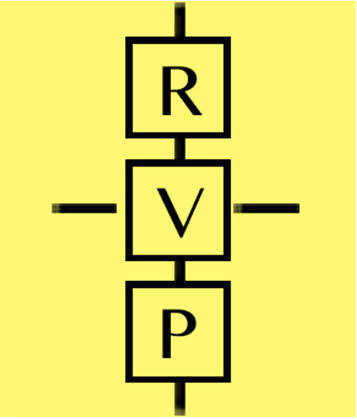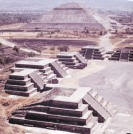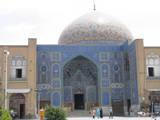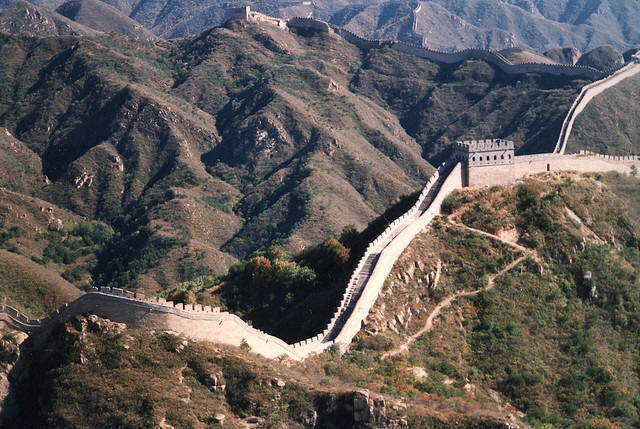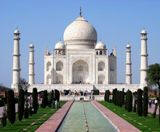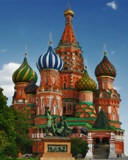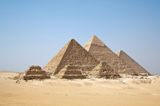|
Research Theme:
“Cultural Heritages and Contemporary Change”
“Cultural heritages” are
the values and virtues by which responsible human freedom is
exercised in a consistently creative matter, enabling in
turn the formation of succeeding generations and the
preparation of the way ahead for the advancement of human
life.
“Contemporary change” is the series of decisive
transformations, e.g., in Central and Eastern Europe, China
and Islam as well as the dramatic impact of globalization as
cultural heritages intersect and of the new search for
personal and social identity.
“Human
progress” includes
the physical and economic welfare of peoples in the context
of their environment. It includes as well their spiritual
welfare as realized in their interior consciousness, their
social relations to other persons and peoples, and their
appreciation and response to their created origins, present
dignity and transcendent goal. The search is for an ever
more rich appreciation and realization of these in the
context of family and civil society, nation and world.
Hence,
mutual critique is needed to assure the rigor and balance of
the work. This is first in regular team meetings to discuss
the chapters as they are drafted by the individual team
members, second in regional meetings with representatives of
related teams, and third in extended seminars drawing
philosophers from all areas of the world for joint
explorations of basic emerging issues.
The focus of the overall effort is:
(a) Philosophical:
drawing upon the full resources of the field, as concerned
with the deepest human problems related to culture and human
progress.
(b) Cooperative:
the team structure makes it possible to draw upon multiple
approaches to philosophy and, as needed, of allied sciences,
that is, to call upon the many modes in which the spirit is
at work in the world; working at specific university centers
allows for regular interchange as the work is in progress.
Here mutual critique assures the rigor and balance of the
work. This is first in regular team meetings to discuss the
chapters as they are drafted by the individual team members,
second in regional meetings with representatives of related
teams, and third in extended seminars drawing philosophers
from all areas of the world for joint explorations of basic
emerging issues.
(c) Global:
while each team chooses its own theme and applies the
cultural resources of its peoples, the results are exchanged
and the horizon is global in terms not of an economic or
political hegemony, but of a meeting of unique cultures each
bearing its proper gifts.
|

